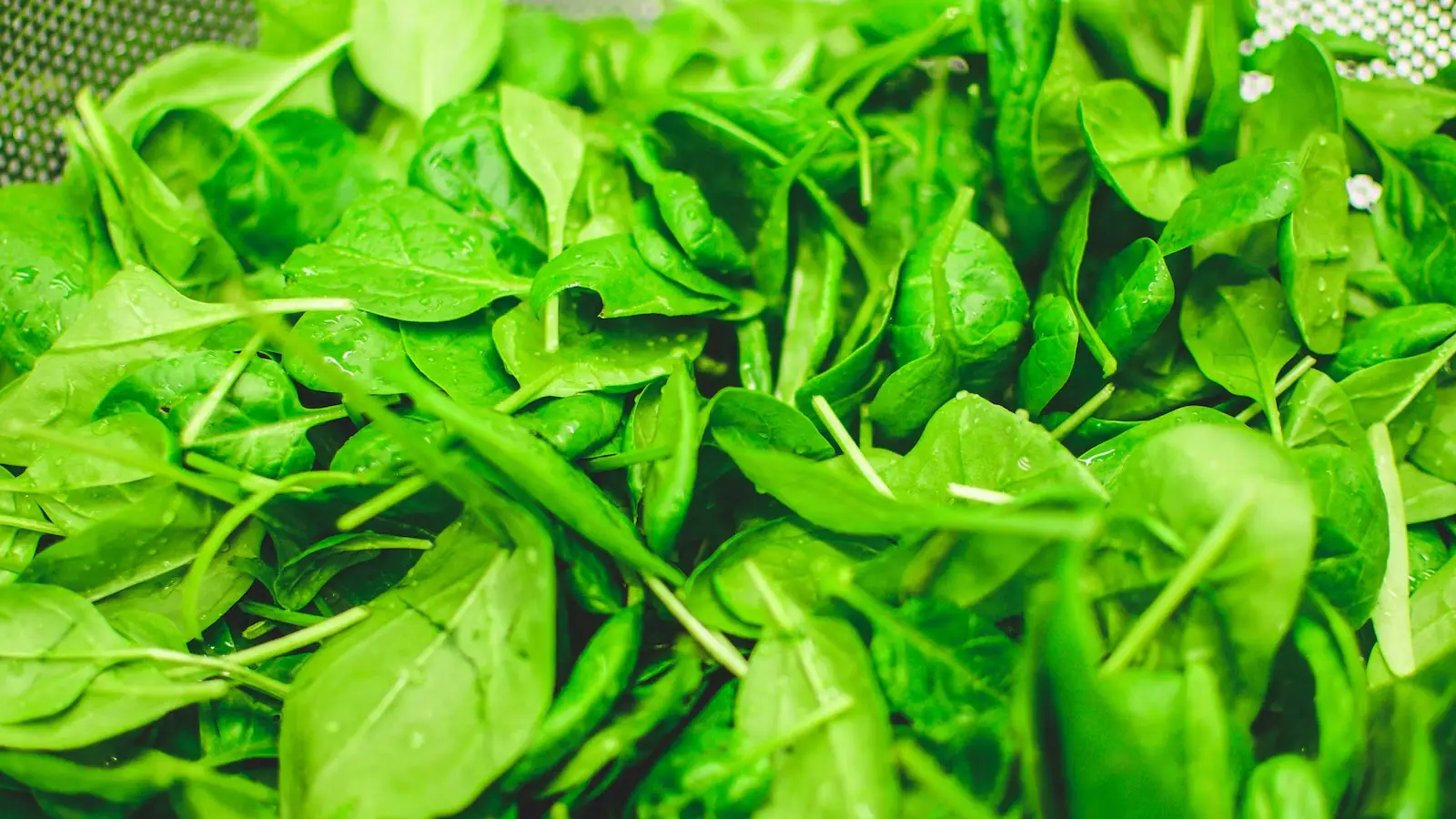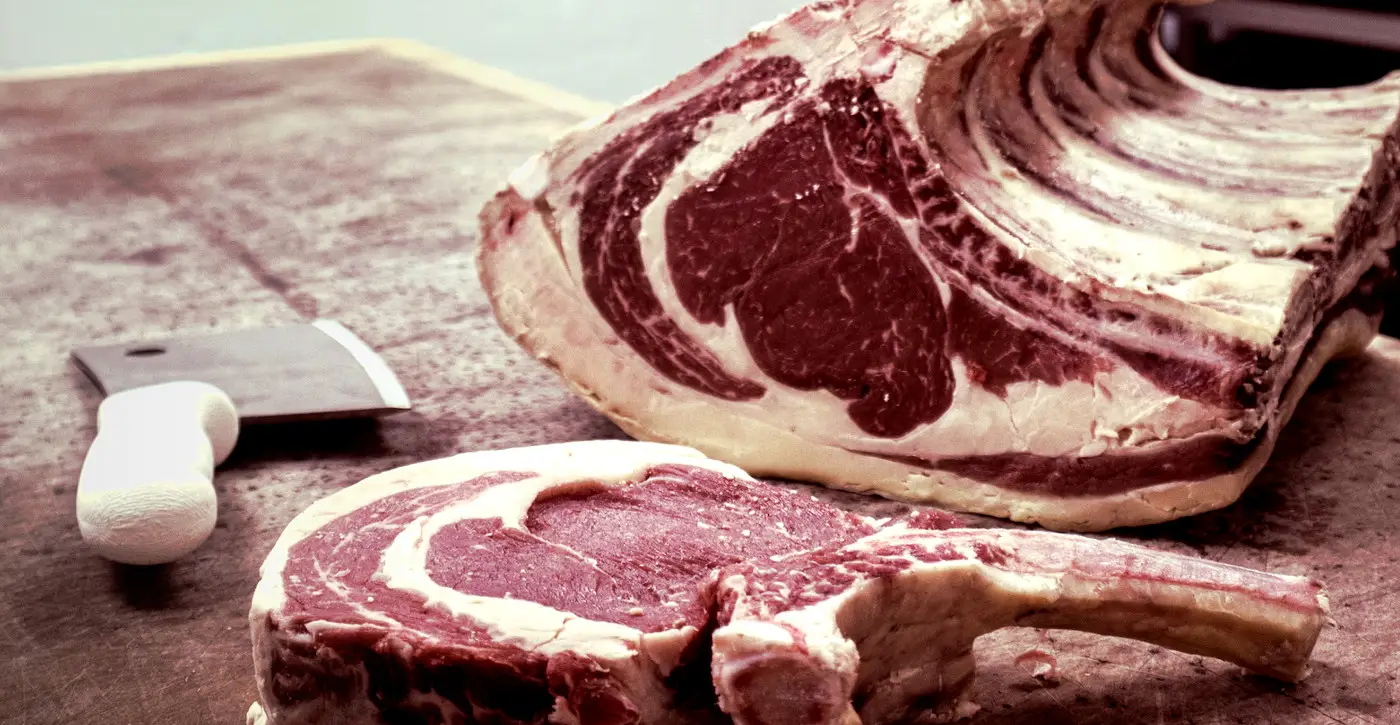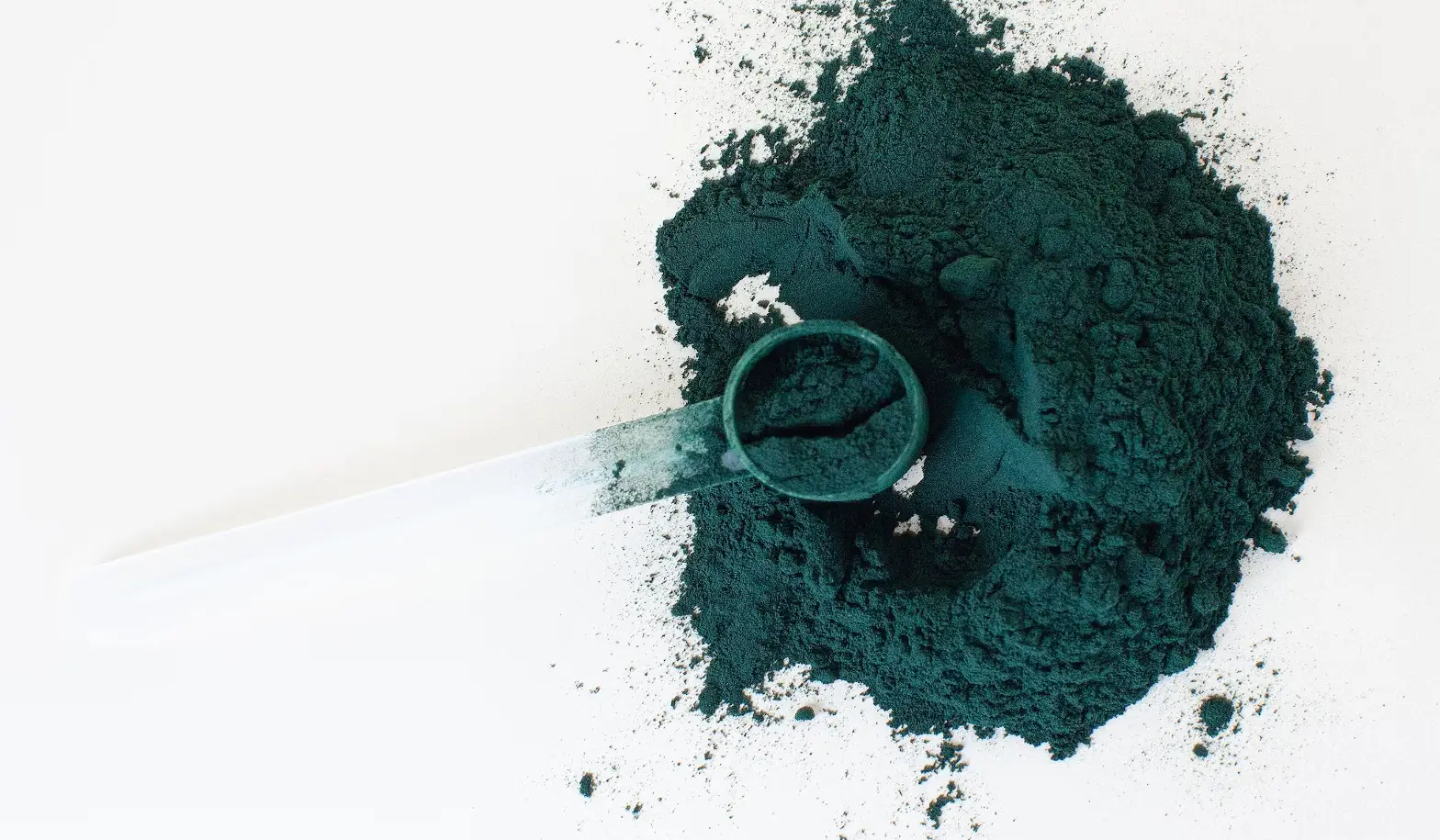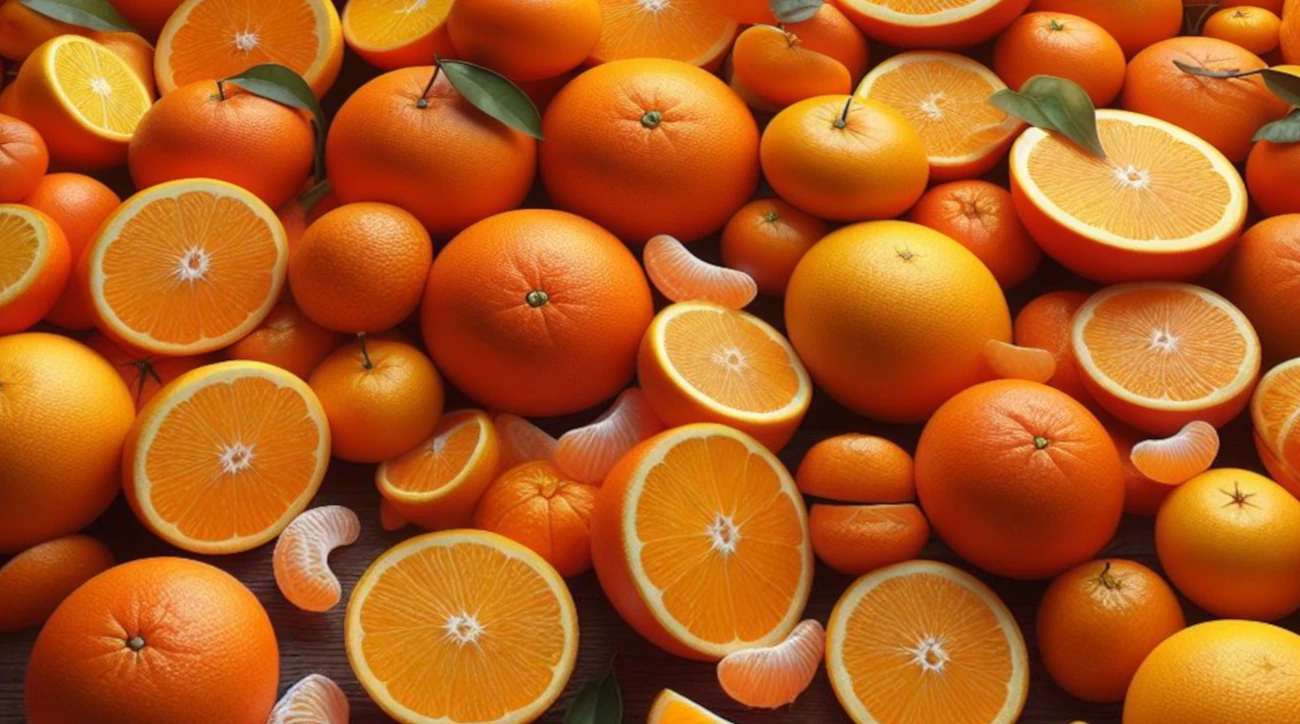Balsamic Vinegar Lysine and Arginine Info Sheet
Overview
Balsamic vinegar is a very dark, concentrated, and intensely flavoured vinegar originating in Italy, made wholly or partially from grape must.Balsamic vinegar contains several antioxidants and probiotics that are beneficial for your health.
| Name | Lysine (mg/100g) | Arginine (mg/100g) | Ratio |
|---|---|---|---|
| Balsamic Vinegar | 8.2mg | 18.4mg | 0.45 |
Balsamic Vinegar contains 8.2mg of Lysine and 18.4mg of Arginine per 100g of product.
This means Balsamic Vinegar has a low Lysine-Arginine ratio of 0.45.
Because Balsamic Vinegar contains much higher levels of arginine than lysine, limiting its consumption is recommended by people who suffer from herpes, as it may trigger outbreaks.
Lysine Considerations
Balsamic vinegar contains trace amounts of lysine due to its low protein content.
Lysine can help prevent or treat cold sores, which are blisters caused by the virus HSV-1, also known as herpes.
Lysine works by blocking the growth of HSV-1, which needs another amino acid called arginine to multiply and infect cells.
Lysine can only be obtained through diet, and can be found in a variety of high-protein foods like dairy, fish, eggs, meat and poultry.
Arginine Considerations
Balsamic vinegar contains trace amounts of arginine due to its low protein content.
Arginine has a variety of functions in the body, including wound healing, helping the kidneys remove waste products from the body, and maintaining immune and hormone function.
Arginine also plays a role in the replication of the herpes virus, making it a key factor in cold sore outbreaks.
The herpes virus requires arginine to grow, replicate, and create new herpes viruses.
Foods a good source of arginine, such as nuts and chocolate, may increase the frequency and severity of these outbreaks.
Lysine-Arginine Ratio
Balsamic vinegar has a lower lysine to arginine ratio. This means it has more arginine relative to lysine, which may be a consideration for people with certain dietary needs.
However, the content of both lysine and arginine is still relatively low, which means it is unlikely to have an effect on the overall lysine-arginine balance in your diet.
Both lysine and arginine are important for protein synthesis and other bodily functions.
The two compounds can affect the herpes simplex virus, which is responsible for cold sores and genital herpes, in opposite ways.
Lysine can your body or stop the virus from reproducing, while arginine can help it propagate.
Eating foods with a high lysine-arginine ratio could help lower the appearance and severity of herpes outbreaks.
Some foods that have a high lysine-arginine ratio are milk and cheese, fish, poultry, fruits, and vegetables.
These foods can give the body enough lysine to prevent the virus from taking up arginine, and thus stop its growth and spread.
Dietary Considerations
Vinegar is a liquid that is produced from the fermentation of ethanol by acetic acid bacteria.
It is used in cooking not only for its flavor qualities but also for its chemical properties.
Vinegar can help kill pathogens, including bacteria, and has traditionally been used for cleaning and disinfecting. Vinegar is low in both lysine and arginine. Still, it can be used in moderation in a diet for people with herpes as it has other health benefits such as improving digestion and boosting heart health.
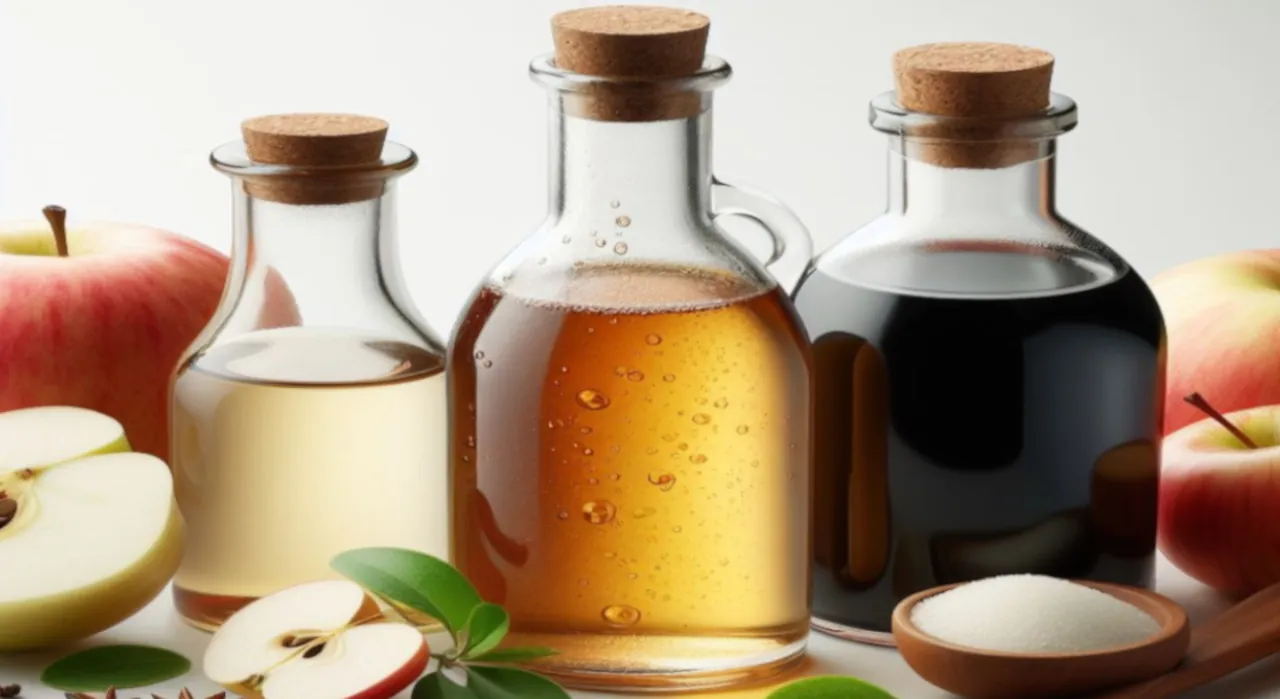
For example:
A well-balanced and healthy diet that strengthens your immune system and lowers inflammation is important.
This means you should eat a lot of fruits, vegetables, whole grains, lean protein, and good fats, and avoid processed foods, added sugars, alcohol, and caffeine.
Make sure to drink plenty of water to keep yourself hydrated and eliminate toxins from your body.
Water can also help you avoid dryness and irritation of the skin and mucous membranes, which can lead to outbreaks.
You may want to take l-lysine supplements.
L-lysine is known to prevent herpes outbreaks and it can help stop a cold sore in its initial stages by "starving" the virus of arginine before it has a chance to cause a cold sore.
Other food supplements, such as vitamin C, zinc, selenium, and antioxidants, can help you boost your immunity and protect your cells from oxidative stress.
To prevent outbreaks, avoid foods that can cause allergic reactions or sensitivities, such as gluten, dairy, nuts, eggs, or shellfish.
These foods can harm your immune system and make inflammation worse.
Pain, swelling, and itching can be reduced by eating foods that have anti-inflammatory, antiviral, and antibacterial properties, such as honey, yogurt, aloe vera, and chamomile.
These foods can also help you heal faster by promoting tissue repair.
Check more food information

